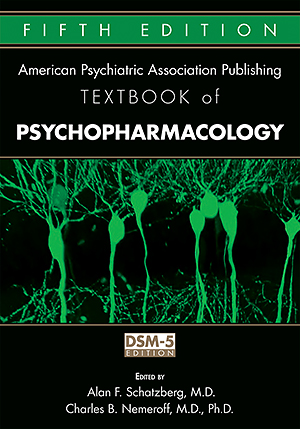Sections
Excerpt
Prior to the introduction of classic antipsychotic medications in the 1950s, treatment for psychotic disorders primarily consisted of institutional confinement and supportive care with minimal control of psychotic symptoms. The discovery of chlorpromazine, the first of the “classic” antipsychotics, was serendipitous and owes much to the observations of a French surgeon, Henri Laborit, who noted that chlorpromazine, when used as an adjunct to anesthesia, calmed patients significantly following surgery. Laborit recommended its use to two French psychiatrists, Jean Delay and Pierre Deniker, who used it successfully in psychotic patients. Heinz Lehmann was the first to use chlorpromazine in North America (in Montreal, Canada). In the early 1960s, the first large-scale placebo-controlled trials were conducted within the U.S. Veterans Administration system.
Access content
To read the fulltext, please use one of the options below to sign in or purchase access.- Personal login
- Institutional Login
- Sign in via OpenAthens
- Register for access
-
Please login/register if you wish to pair your device and check access availability.
Not a subscriber?
PsychiatryOnline subscription options offer access to the DSM-5 library, books, journals, CME, and patient resources. This all-in-one virtual library provides psychiatrists and mental health professionals with key resources for diagnosis, treatment, research, and professional development.
Need more help? PsychiatryOnline Customer Service may be reached by emailing [email protected] or by calling 800-368-5777 (in the U.S.) or 703-907-7322 (outside the U.S.).



